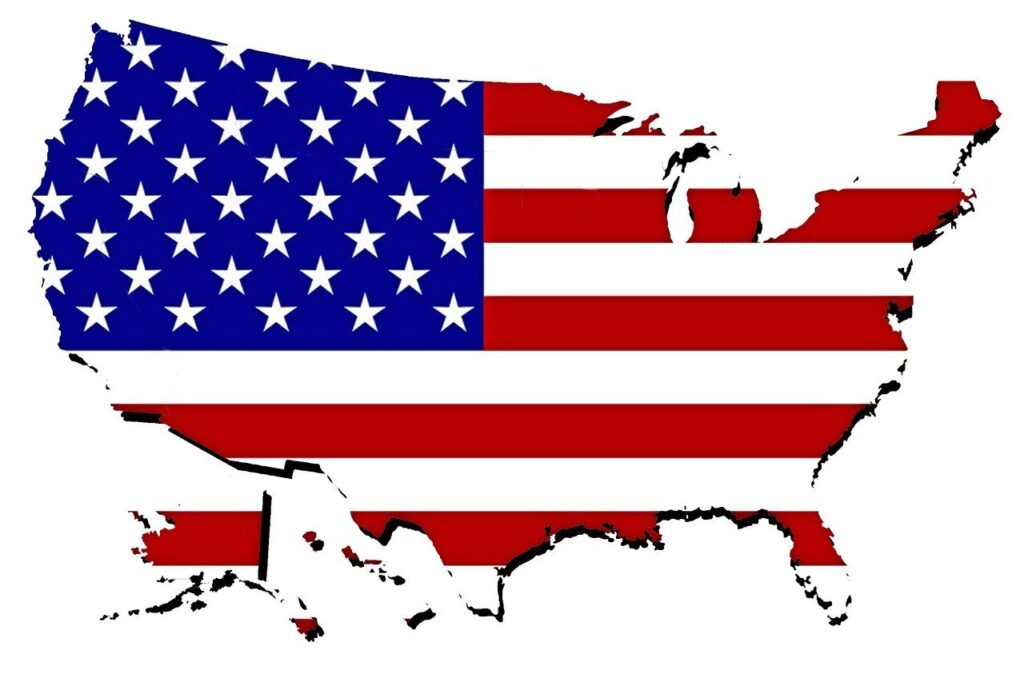Adult use of cannabis has been legalized, which has been a smart move. Legalization laws have given governments a new source of income since 2014, when sales started in Colorado and Washington, allowing them to support their budgets and finance crucial initiatives. States have reported collecting more than $20 billion in taxes on the sale of legal cannabis for adult use as of the first quarter of 2024.
The legalization states brought in over $4 billion in cannabis tax income from sales for adult use in 2023 alone—the highest amount of money ever made from cannabis sales in a single year. Cities and municipalities have received hundreds of thousands of dollars in additional revenue from local adult-use cannabis taxes on top of the money collected for state budgets.

Adults over 21 are now allowed to possess cannabis in 24 states. All of them, with the exception of Virginia, have legalized, controlled, and imposed taxes on cannabis sales. Sales have not yet started in Delaware and Ohio, two states that have legalized marijuana.
Social services and projects are funded in many places where adult-use cannabis sales are permitted. Among many other things, this entails paying for education, building new schools, early literacy, public libraries, bullying prevention, behavioral health, drug and alcohol treatment, veteran services, conservation, job training, costs associated with expunging convictions, and reinvesting in areas that have been disproportionately impacted by the war on cannabis.
Colorado (pop. 5.8 million) | Tax rate: 15% wholesale, 15% special retail
Washington (pop. 7.9 million) | Tax rate: 37% at retail; 6.5% sales tax
Oregon (pop. 4.2 million) | Tax rate: 17% at retail
Alaska (pop. 730,000) | Tax rate at wholesale: $50/ounce for most flower; $25/ounce for immature/abnormal buds; $15/ounce for trim; clones: flat rate of $1
Nevada (pop. 3.1 million) | Tax rate: 15% wholesale, 10% special retail, 6.85% standard sales tax
California (pop. 38.9 million) | Tax rate: 15% excise tax; 7.25% standard sales tax
Massachusetts (pop. 6.9 million) | Tax rate: 10.75% excise tax on sales; 6.25% standard sales tax
Michigan (pop. 10 million) | Tax rate: 10% excise tax on sales; 6% standard sales tax
Illinois (pop. 12.7 million) | Tax rate: 7% at wholesale; from 10-25% at retail, depending on potency; 6.25% standard sales tax
Maine (pop. 1.3 million) | Tax rate: Wholesale tax of $335 per pound of flower with lower rates for trim and seedlings; 10% sales tax
Arizona (pop. 7.4 million) | Tax rate: 16% excise tax on sales; 5.6% standard transaction privilege tax
Montana (pop. 1.1 million) | Tax rate: 20% excise tax on sales
New Mexico (pop. 2.1 million) | Tax rate: 12% retail excise until July 1, 2025, which then increases by one percentage point per year, maxing out at 18% on July 1, 2030; 5.125% to 8.6875% gross receipts tax (which varies depending on the location in the state)
New Jersey (pop. 9.2 million) | Tax rate: 6.625% standard sales tax, 1-2% local option taxes; fluctuating excise fee based on average sale price
Vermont (pop. 647,000) | Tax rate: 14% excise tax on sales; 6% standard sales tax
Rhode Island (pop. 1 million) Tax rate: 10% excise, 3% local sales tax, 7% standard sales tax
New York (pop. 19.5 million) | Tax rate: 9% cannabis sales tax; 4% local sales tax; for distributors, a potency tax on THC of $0.005/mg for flower, $0.008/mg for concentrates, and $0.03/mg for edibles
Connecticut (pop. 3.6 million) | Tax rate: THC-based excise tax: $0.00625 per milligram of THC in flower cannabis; $0.0275/mg of THC in edibles; $0.009/mg of THC in other cannabis products; 6.35% standard sales tax; 3% tax to the municipality where the sales occurred
Missouri (pop. 6.2 million) Tax rate: 6% excise tax on sales; standard 4.225% state sales tax; and local taxes
Maryland (pop. 6.2 million) Tax rate: 9% at point of sale
Delaware (pop. 1 million) Tax rate: 15% excise tax on sales
Ohio (pop. 11.7 million) Tax rate: 10% excise tax on sales; standard 5.75% state sales tax; and local taxes (up to 2.25%)
Legalizing cannabis would be extremely beneficial financially for state governments as well as for social services and initiatives. State and municipal governments can tax cannabis sales and gain economically by generating thousands of new jobs by establishing regulated adult-use cannabis markets. Overall sales and tax revenue have swiftly surpassed initial projections in several jurisdictions with regulated and taxed cannabis marketplaces.
One of the many advantages of legalizing and regulating cannabis for adult use is its financial impact, which should not be overlooked. Legalization of cannabis for adult use has also driven out the black market and freed up police resources to target more severe crimes.
Since legalized states produce and sell cannabis through tax-paying enterprises rather than drug cartels and criminals, authorities have a better understanding of who is selling cannabis, where it is being sold, when it is being sold, and to whom.
Hundreds of thousands of people have avoided painful arrests, potential jail time, and criminal records that limit their opportunities. In the meantime, voter support has grown and the percentage of teenagers using cannabis has not increased.
